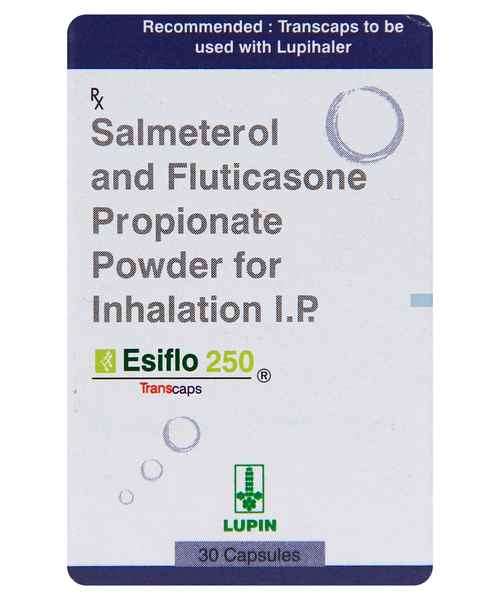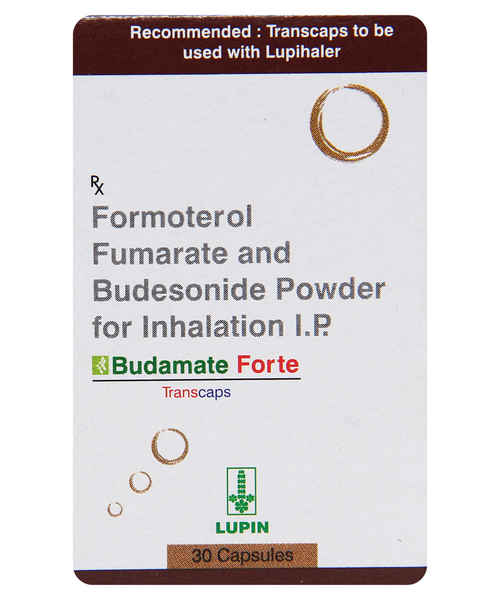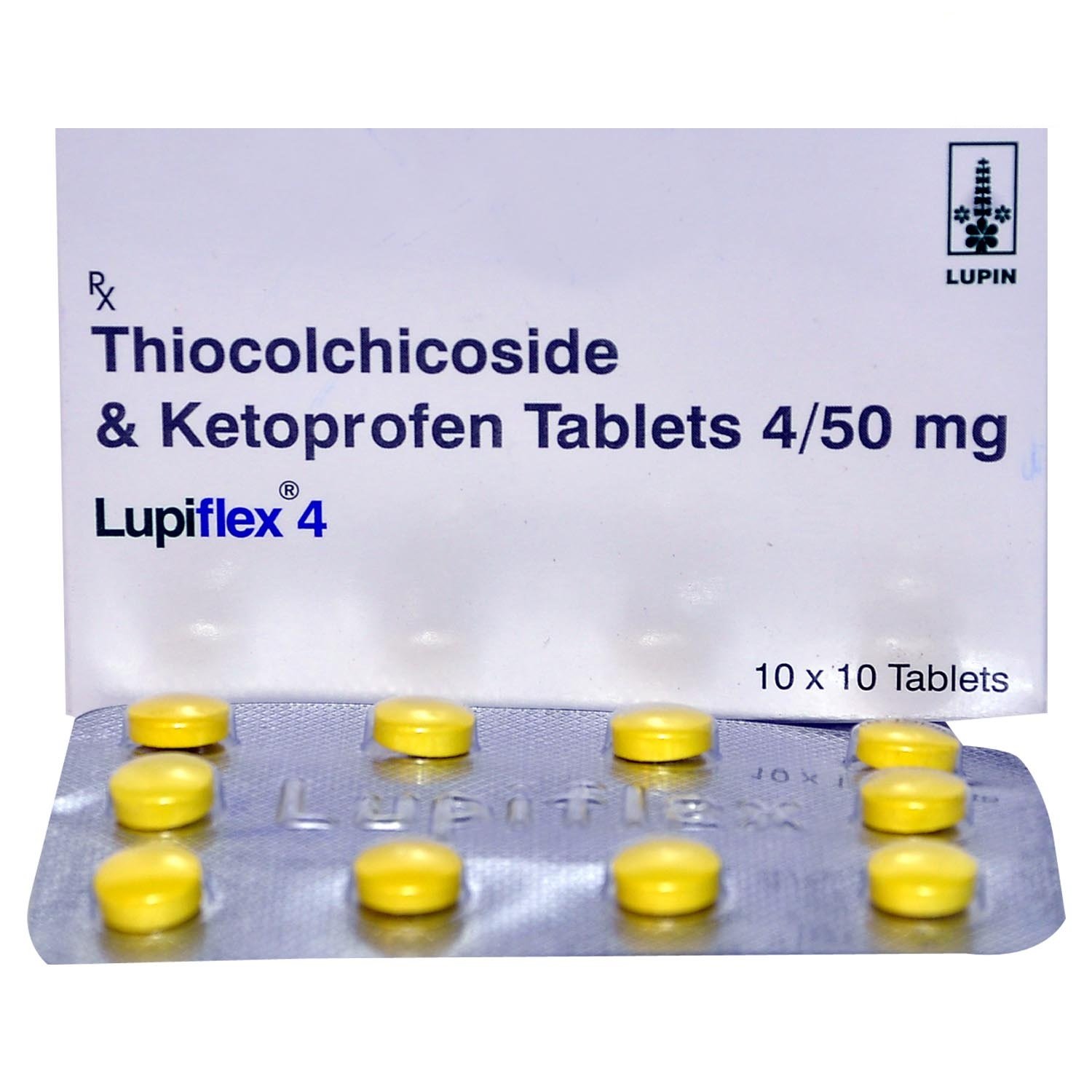resodim
Introduction to Resodim
Resodim is a medication used to treat certain conditions related to low sodium levels in the blood, known as hyponatremia. It is particularly beneficial for patients experiencing heart failure or specific hormone imbalances that lead to excessive water retention in the body.
Composition of Resodim
Resodim contains the active ingredient Tolvaptan, which works by influencing the kidneys to help manage water and sodium levels in the body.
Uses of Resodim
- Treatment of low sodium levels in the blood (hyponatremia)
- Management of fluid retention in heart failure patients
- Correction of sodium imbalance due to hormone issues
Side Effects of Resodim
Common Side Effects:
- Increased thirst
- Dry mouth
- Frequent urination
- Nausea
Serious Side Effects:
- Liver damage
- Dehydration
- Low blood pressure
- Electrolyte imbalances
Precautions of Resodim
Resodim should be used with caution, especially in individuals with existing liver or kidney conditions. Regular monitoring of liver function is essential due to the risk of liver damage. It is not recommended for patients with low blood volume or those who are not producing urine. Always consult with a healthcare provider before starting Resodim.
How to Take Resodim
- Take Resodim as prescribed by your doctor.
- The usual starting dose is 15 mg once daily.
- The dose can be increased to a maximum of 60 mg per day.
- Swallow the tablet whole, with or without food.
Conclusion of Resodim
Resodim is an effective treatment for managing low sodium levels and fluid retention in certain medical conditions. However, it is crucial to use it under medical supervision due to potential side effects and necessary precautions. Always follow your healthcare provider's instructions for safe and effective use.

Similar Medicines
More medicines by Lupin Ltd
Available in 2 variations

strip of 4 tablets

strip of 4 tablets
















.svg)
